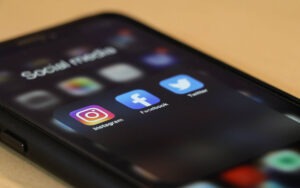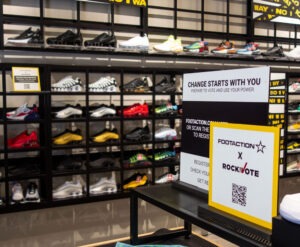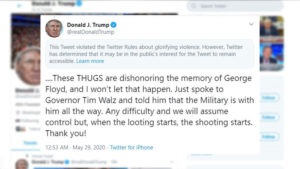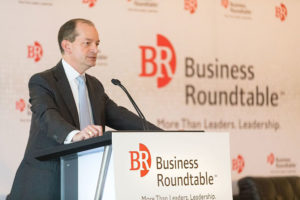May 4, 2010; Source: Justmeans | As clean-up efforts rush to alleviate the impact of BP’s oil spill in the Gulf of Mexico, a nonprofit called The Louisiana Bucket Brigade is using social media to track health, job, and water quality reports from people living in areas most directly affected. The group is gathering data from several sources, including e-mail, text messages, and mobile video, to present the eyewitness accounts in real time. Crowdsourcing, the term applied to work such as the Bucket Brigade’s, is an increasingly popular tactic employed by crisis responders to best target their resources. In fact, the Brigade has modeled its work after Ushahidi’s crisis mapping of the post-election violence in Kenya, and post-earthquake relief in Haiti.
Sign up for our free newsletters
Subscribe to NPQ's newsletters to have our top stories delivered directly to your inbox.
By signing up, you agree to our privacy policy and terms of use, and to receive messages from NPQ and our partners.
We’ve wondered aloud before about the benefits of these kinds of tools, and explored their potential as fundraisers, awareness raising tools, even extensions of government bureaucracy. In the disaster context, though, it’s worth stepping cautiously into the conversation. A strategy that wholly embraces crowdsourcing will find itself short on data when it lacks the necessary infrastructure, as is unfortunately likely in the case of a crisis. Still, we are no Luddites, and join in the chorus of praise for relief workers like the Bucket Brigade, who we trust will explore the benefits and pitfalls of progress.—James David Morgan













